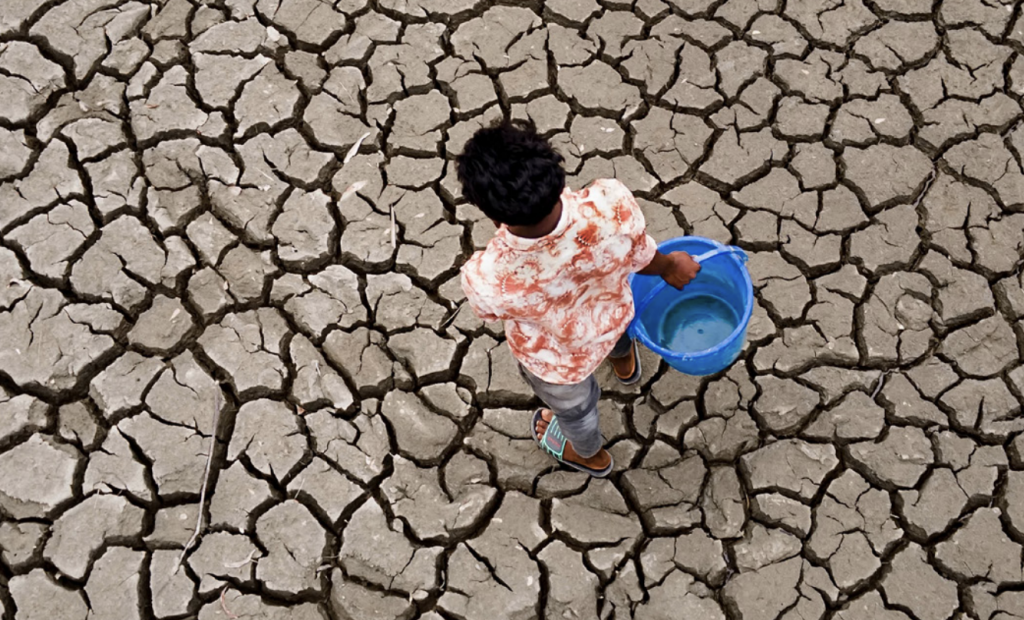
This report explains that, in our current global policy environment, shocks more readily turn into crises that cross boundaries, demanding international action. Particularly as such crises disproportionately impact the most vulnerable people, societies and countries.
Successive shocks, starting with the COVID-19 pandemic, have triggered reversals in key measures of social development progress. The world experienced the first increase in extreme poverty in 20 years, and inequality has risen sharply and remains high. While macroeconomic recoveries are under way, extreme poverty remains high in countries in special situations, indicating deep-seated structural vulnerabilities. By 2022, extreme poverty had returned to pre-pandemic levels in most countries, except low-income ones.
Unemployment rates in low-income countries have also remained persistently high, with the employment gap rate increasing from 20 per cent in 2018 to 21 per cent in 2023. These trends have exacerbated existing income and wealth inequalities globally. In 2022, the poorest half of the global population owned only 2 per cent of the world’s wealth, while the richest 10 per cent held 76 per cent.
According to the report, the crises could result in cumulative economic output loss of more than $50 trillion USD between 2020 and 2030, reflecting lost opportunities for investing in social development.
The report emphasizes the critical need for reform and refocusing of international development finance to support country-level response to global crises and create the fiscal space needed to drive social progress.
To read the full article: click here
Disclaimer: Except for articles published on Blog Tadamon and the content of the resource pages, all materials on this website, including their respective photographs, are indexed from their original sources. All rights remain with the respective copyright holders.

Comments are closed, but trackbacks and pingbacks are open.